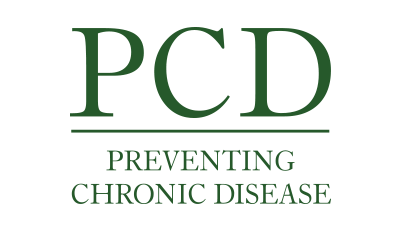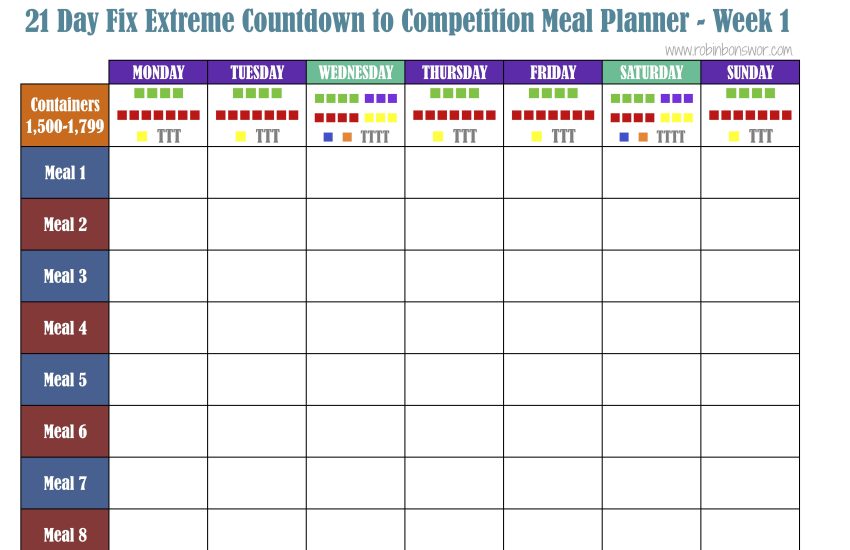Preventing and Managing Chronic Diseases
Chronic diseases are long-term health conditions that require ongoing medical attention and management. They can significantly impact an individual’s quality of life and may lead to disabilities or even premature death if left uncontrolled. However, many chronic diseases can be prevented or effectively managed through various strategies and lifestyle changes.
Prevention Strategies
Preventing chronic diseases involves adopting healthy habits and eliminating risk factors. Here are some effective prevention strategies:
1. Healthy Diet
Eating a balanced diet rich in fruits, vegetables, whole grains, lean proteins, and healthy fats is essential for maintaining optimal health. It helps in reducing the risk of chronic diseases such as heart disease, diabetes, and certain types of cancer. Avoid excessive consumption of processed foods, sugary drinks, and high-sodium snacks.
2. Regular Exercise
Engaging in regular physical activity has numerous health benefits, including preventing and managing chronic diseases. Aim for at least 150 minutes of moderate-intensity aerobic exercise or 75 minutes of vigorous-intensity aerobic activity each week. Additionally, incorporate strength training exercises at least two days per week to maintain muscle strength and flexibility.
3. Tobacco and Alcohol Avoidance
Avoiding tobacco products and limiting alcohol consumption are vital in preventing many chronic diseases. Smoking is a leading cause of lung cancer, heart disease, and respiratory illnesses. Excessive alcohol consumption can lead to liver disease, cancer, and other health complications. Seek help and support if you struggle with quitting smoking or controlling alcohol intake.
4. Regular Health Check-ups
Regular health check-ups are essential for early detection and timely management of chronic diseases. Schedule routine examinations, screenings, and blood tests as recommended by healthcare professionals. Early detection allows for effective interventions and can significantly improve outcomes.
Managing Chronic Diseases
For individuals already living with chronic diseases, effective management is crucial for controlling symptoms, preventing complications, and maintaining a good quality of life. Here are some strategies for managing chronic diseases:
1. Medication Adherence
Follow prescribed medication regimens carefully to control symptoms and prevent disease progression. Take medications as directed, and never make changes without consulting a healthcare professional. Set up reminders if needed and ask for assistance if you have difficulty managing your medications.
2. Lifestyle Modifications
Adopting healthy lifestyle changes can significantly enhance disease management. Maintain a well-balanced diet, engage in regular physical activity, get sufficient sleep, and manage stress effectively. These modifications can help improve overall health and reduce symptoms associated with chronic diseases.
3. Support Networks
Connect with support networks, such as patient support groups or family and friends who understand your condition. These networks can provide emotional support, valuable insights, and practical tips for managing chronic diseases. Discussing your concerns and challenges with others who share similar experiences can be beneficial.
4. Regular Medical Follow-ups
Attend regular medical check-ups to monitor your condition and discuss any changes or concerns with your healthcare provider. Regular follow-ups help ensure that your treatment plan is adjusted when necessary and that you receive appropriate care for your specific needs.
Conclusion
Preventing and managing chronic diseases requires a proactive approach and ongoing commitment to a healthy lifestyle. By adopting healthy habits, avoiding risk factors, and implementing strategies for disease management, individuals can reduce the burden of chronic diseases and improve their overall well-being.


